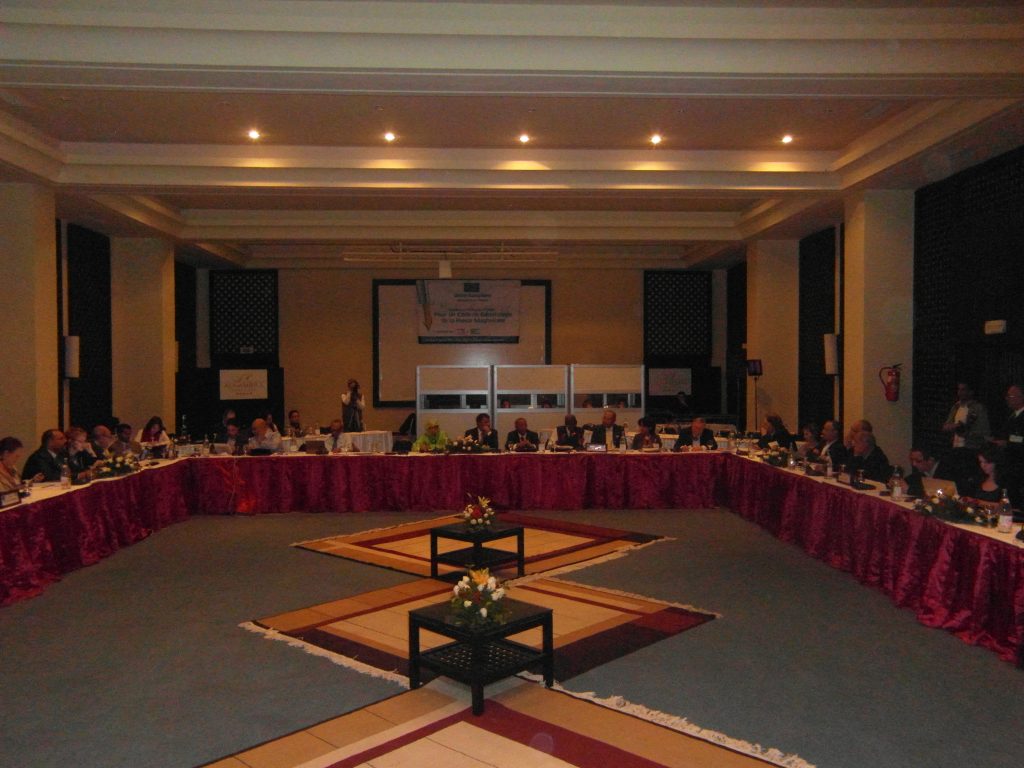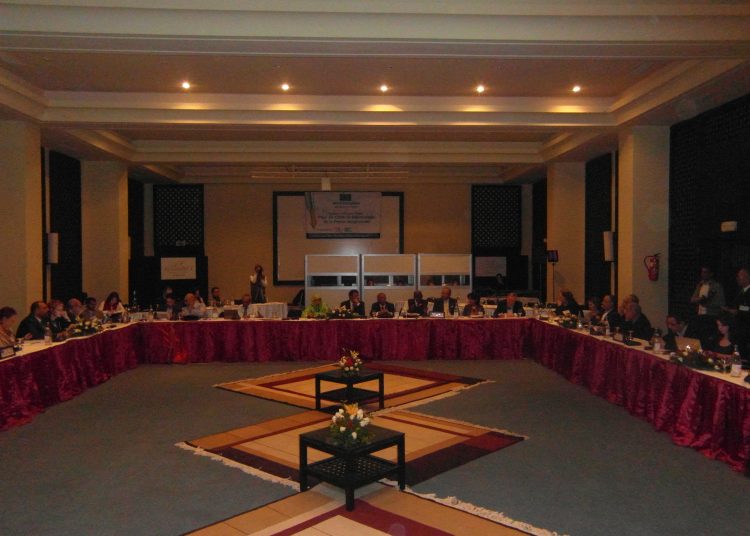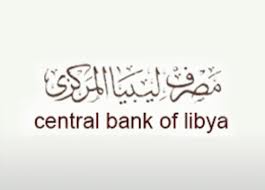By Sami Zaptia.

Hammamet, Tunisia, 26 January:
The ‘Forum on the Code of Ethics for Journalists in the Maghreb Region’ continued its second . . .[restrict]day deliberations in Hammamet, Tunisia on Thursday.
The forum, sponsored by the EU Delegation of Tunisia, and the Friedrich Ebert Foundation could not agree on the first draft on Wednesday and it took a redrafting session until 2am Thursday morning to come up with a consensus draft.
Over 40 media representatives comprising media owners, editors, journalists and photographers from Libya, Tunisia, Algeria, Morocco, Mauritania, Spain, Ireland, Italy, Germany, USA and the EU were present.
Muna Ragik from Libya’s state-owned daily newspaper Febrayer said that it was “a complex and difficult period in which journalists put their lives on the line. But we need a set of laws to regulate it. We have our responsibilities and hope to make journalists more effective”.
Khaled Ghulam, from the Communications Faculty at Tripoli university, Libya, and former member of Libya’s Press Support Association said that ‘’this meeting is different to any previous other meeting because it is happening post the February 17th Revolution because under Qaddafi there was no framework or if any law existed, it was not implemented. But now there is an important movement in Libya. Now, there are about 500 registered newspapers and magazines and over 20 private and public TV stations. But these are working without any legal or organizational ethics in Libya. Therefore, you can be defamatory to people.”
“There have been numerous initiatives by journalists and academics in Libya where drafts were proposed. There was a meeting of the media in August 2011 in Benghazi and in March 2012. And there was another conference in Tripoli recently. We have discussed code of ethics and a union for journalists. Then we met again in Benghazi. But our proposals were not adopted by General National Council yet. It is our first experience so I hope to take advantage here to learn from my Maghreb colleagues. I hope through our dialogue here in this forum we can benefit.”
Noureddine Miftah, president of the FMEJ the Moroccan Federation of Editors and Journalist said that ‘’it is not the problem of a code of ethics, but how to get journalists to work with it and within it. The code exists but it is not working. There is no punishment for those who do not respect it. How useful will this Maghrebi code of ethics be in adding to the existing ones in Morocco, Mauritania etc? Are we just adding another one? We should start with a mechanism of a press observatory first’’.
Tom Mcgrath European External Action Service said that ‘‘this is my third attempt to come and speak in Tunisia on media freedom. The previous 2 attempts under the previous regime were aborted! The principles have remained the same for 40-50 years but it is the context that changes. How do you implement them. This is a respectable number of respected members of the press from your countries.’’
As Libya Herald’s co-founder and Managing Editor, I said that “as a person who owns and runs a newspaper I have to be and think practically. Context is important in the case of post conflict transitional Libya. The Libyan state is barely able to operate efficiently let alone conduct or engage efficiently with the media. The challenges realities and practicalities for a new, small, privately owned media source such as Libya Herald are very real. Libya’s economy means that advertising revenue is limited and limiting our ability to expand our personnel and cover a geographically spread country like Libya.”
“Add to that all the security threats, the difficulty in trying to check and double check facts and trying to balance out the conflicting views of the contesting political, religious, tribal, and regional parties. The weak rule of law and the weak state will reflect on the media sector. Therefore an ideal set of ethics is just that. It’s an ideal to aim for in the case of Libya over the next few months and years – in parallel with the development of the Libyan state That how as owner-editor I see the scenario beyond the theorizing of a set of high ethics here today’’
Naiara Gallaraga of Spain’s El Pais said that “Spain’s code of ethics started in 1977 just after the dictator Franco died. It started off as an internal document. We developed our code of ethics slowly and slowly it became Spain’s contract with readers. The 600 page volume of ethics and definitions sold over 70,000 copies and guides our daily work. We were the first to introduce an ombudsman and readers can make a complaint. Forty years later it is noted as the start of the formation of the rules that govern media in Spain today.”
Tazi Saad of Le Soir Echo from Morocco noted that the competition that the regular media receives from the social media and the internet and the great following they receive. He also noted how the internet and social media is not bound by the rules that constrain the rest of the media.
The deliberations continued into the final session. [/restrict]








